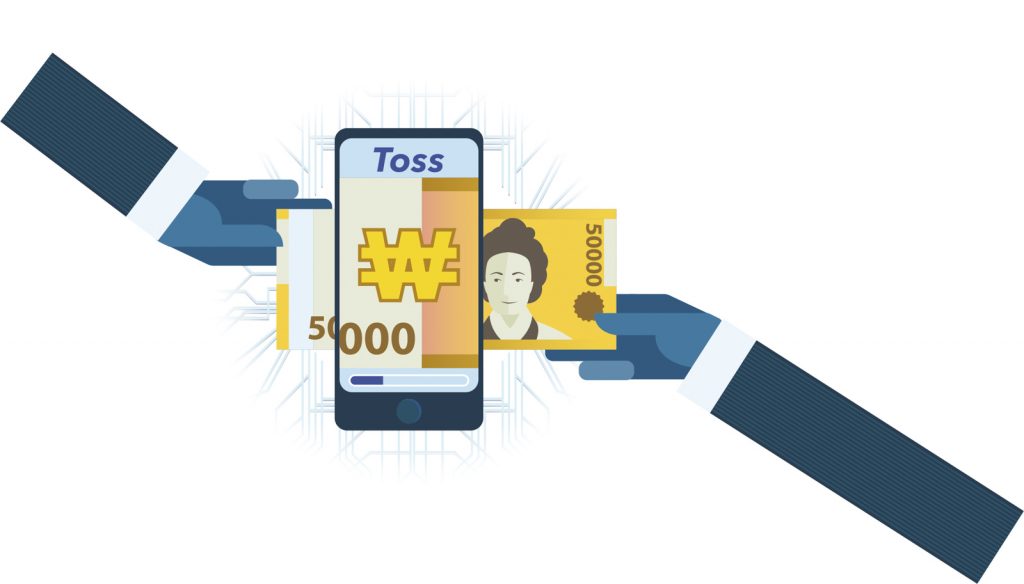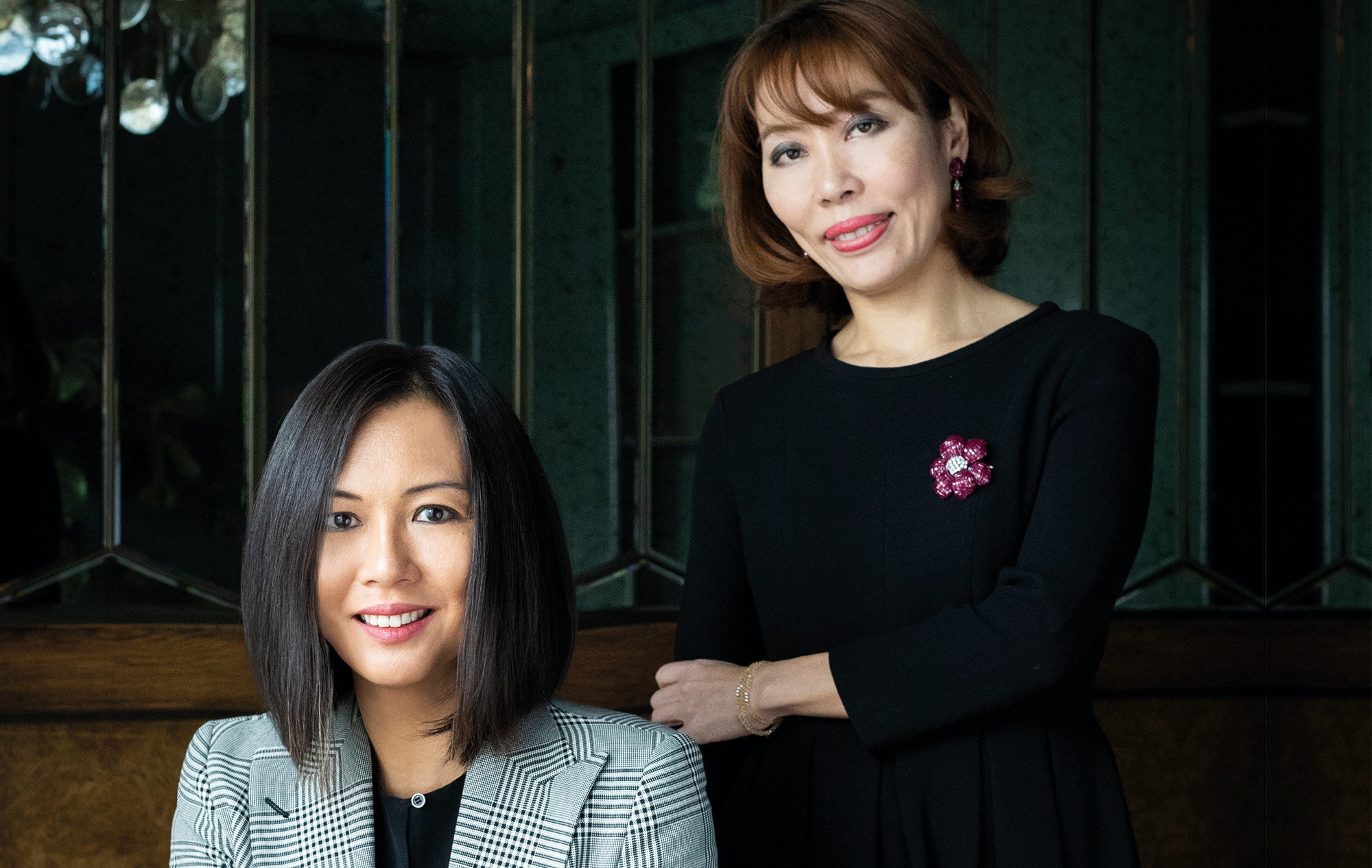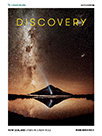Since former President Park Geun-hye outlined South Korea’s plans to build a tech-driven ‘creative economy’ at her inauguration speech in February 2013, the country has been focused on making this dream a reality – and nowhere is this more apparent than Seoul.
A pulsating, modern city of 10 million people (or 25.5 million for the Seoul Capital Area, which also includes neighbouring Incheon and Gyeonggi-do), South Korea’s capital is home to the headquarters of most of the country’s chaebols – large family-run conglomerates – including Samsung, LG and Hyundai. But while household names such as these may dominate the commercial landscape, they are complemented by a fast-growing startup scene.
Beginning with Primer in 2010, startup accelerators have arrived in Seoul, with KStartup, FT Accelerator and SparkLabs among the most prominent. These have helped foster a raft of startups, many of which can be found in the city’s trendy Gangnam district. The area may have achieved global fame through rapper Psy’s megahit Gangnam Style, but for those in the know it’s the home to the likes of fintech trailblazer Viva Republica, e-commerce platform Coupang and burgeoning conglomerate Yello Mobile.
The national government has pledged to make South Korea one of the top seven startup-accelerating countries in the world, investing more than US$3 billion over the past three years to support grants, tax incentives, subsidised loans and other initiatives, and in November it announced plans to create a US$9 billion venture fund to spur new businesses.
Seoul benefits from South Korea’s connectivity superlatives: the country has the world’s highest average internet connection speed and smartphone penetration, with an estimated 88 percent of the population owning a smartphone, according to US-based Pew Research Center. The city is also a hotbed for new talent, boasting seven of the country’s top 10 universities, as well as a steady stream of overseas-educated Koreans returning to join the startup revolution.

The People:
Lee Sang-Hyuk
In a little over five years, Seoul-based Yello Mobile has grown from fledgling startup to multibillion-dollar conglomerate, a meteoric rise that can be attributed largely to the tech and business savvy of founder and chief executive Lee Sang-hyuk. Since launching in 2012, the ‘mobile lifestyle platform provider’ has acquired more than 80 companies across five core categories – shopping, media, digital marketing, travel and online-to-offline commerce – including media content platform Pikicast, travel service Tourbaksa and marketing company AdQUA Interactive.
Believing that no single company could hope to dominate the fast-changing mobile market, Lee instead set about creating an umbrella company comprising a wide-ranging portfolio of mobile-focused startups that offered a new spin on key services. Rather than fully absorbing the startups into his organisation, however, Lee offers them a large degree of autonomy along with support and funding to help them grow. This idea came from Lee’s previous experience of selling a startup to South Korean web giant Daum, after which he became frustrated by the restrictions of the corporate environment and subsequently departed. By offering the acquired startups more independence, Lee hopes to encourage the founders to stay with the company for as long as possible – a strategy that has so far been hugely successful.
Lee’s aggressive expansion drive has been accompanied by about US$250 million of funding from the likes of US venture capital firm Formation 8 and Tokyo-based financial services group SBI Holdings, while an IPO is on the horizon – an event that will surely swell Lee’s estimated US$1 billion fortune.

The Product: Toss
Launched by Seoul-based Viva Republica in 2015 as a peer-to-peer money transfer app, Toss has grown into a wildly successful platform that offers users a comprehensive suite of financial services through their smartphones. Founded by former dentist Lee Seung-gun, Toss quickly found an audience by cutting through the convoluted requirements of existing Korean mobile banking apps – which Lee says might require ‘multiple passwords and more than 20 clicks’ to transfer US$10 – and offering a simple alternative.
This approach was a huge hit in South Korea, particularly among the millennial demographic, and official recognition soon followed as Toss scooped the top prize at the Korea Google Play App Awards in 2016. This in turn drew the attention of PayPal, which spearheaded a US$48 million investment into Toss in March 2017, taking total investment in the startup past US$79 million.
Since then, Toss has partnered with local banks, investment companies and fintech startups to offer users a selection of services ranging from savings accounts and mutual funds to cryptocurrency trading and even credit score monitoring and management.
Ranked 35 on KPMG’s 2017 Fintech 100 list of the world’s top fintech innovators, Toss processes about US$12 billion in transactions a year, and Lee has his sights set on further growth. ‘We found that many issues faced by banking customers in Southeast Asia are very similar to those faced by their counterparts in South Korea,’ says Lee. ‘We’re eager to localise and launch relevant services to streamline mobile finance for customers in the region.’
What to watch
Here we go
Boasting two million active monthly users, travel-booking app Yeogieottae (meaning ‘how about here’) is already a big hit with young Koreans, and there are plans to add VR, AI and IoT capabilities in 2018.
Rich rewards
Bringing loyalty programmes into the digital age, Spoqa cuts out the need to carry multiple cards to receive rewards. Users simply enter their phone number into tablets at the 10,000 participating outlets to collect Dodo Points, which can then be exchanged for goods and discounts.
Stay in touch
Dot is a braille smartwatch that allows blind and visually impaired people to tell the time at a touch of its continually moving bumps. For its next trick, the company is partnering with Google to create the Dot Pad braille e-reader.
Cathay Pacific flies to Seoul from Hong Kong 42 times a week














